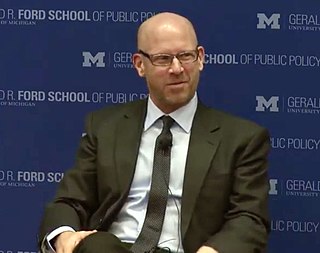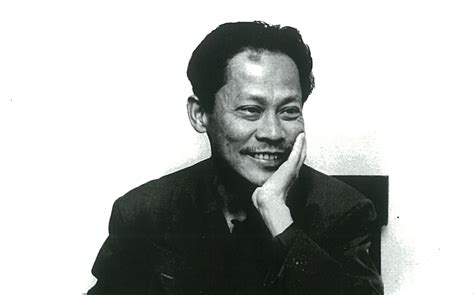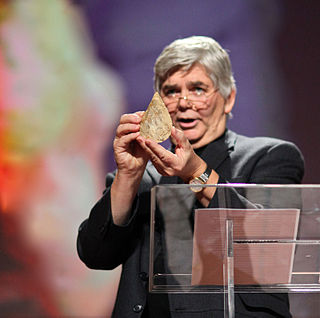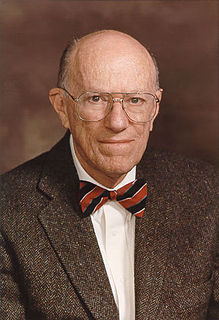A Quote by Alix Kates Shulman
In my books, my idea is always to explore social context and social forces.
Related Quotes
I think character is very much a product of where you live, who you are, what is happening in that time of your life, and I'm interested in those pressures, those forces. A political context, a social context, really determines if not who people are then how they treat one another and what they say, how they speak.
SF is a controlled way to think and dream about the future. An integration of the mood and attitude of science (the objective universe) with the fears and hopes that spring from the unconscious. Anything that turns you and your social context, the social you, inside out. Nightmares and visions, always outlined by the barely possible.
Argumentation is a human enterprise that is embedded in a larger social and psychological context. This context includes (1) the total psyches of the two persons engaged in dialogue, (2) the relationship between the two persons, (3) the immediate situation in which they find themselves and (4) the larger social, cultural and historical situation surrounding them.
Mental illness is a real thing. It has real material consequences for people who suffer from it and at the time even the most biological finding reflects social context in very important ways, and so I think psychiatry is better off looking both at biology and at social context and really trying to think of the relationship between these and I think doctors and patients are better off that way.
Now culture being a social product, I firmly believe that any work of art should have a social function to beautify, to glorify, to dignify man... Since any social system is forced to change to another by concrete economic forces, its art changes also to be recharged, reshaped, and revitalized by the new conditions... The making of a genuine artist or writer is not mysterious. It is not
the work of Divine Providence. Social conditions, history, and the people's struggle are the factors behind it.





































